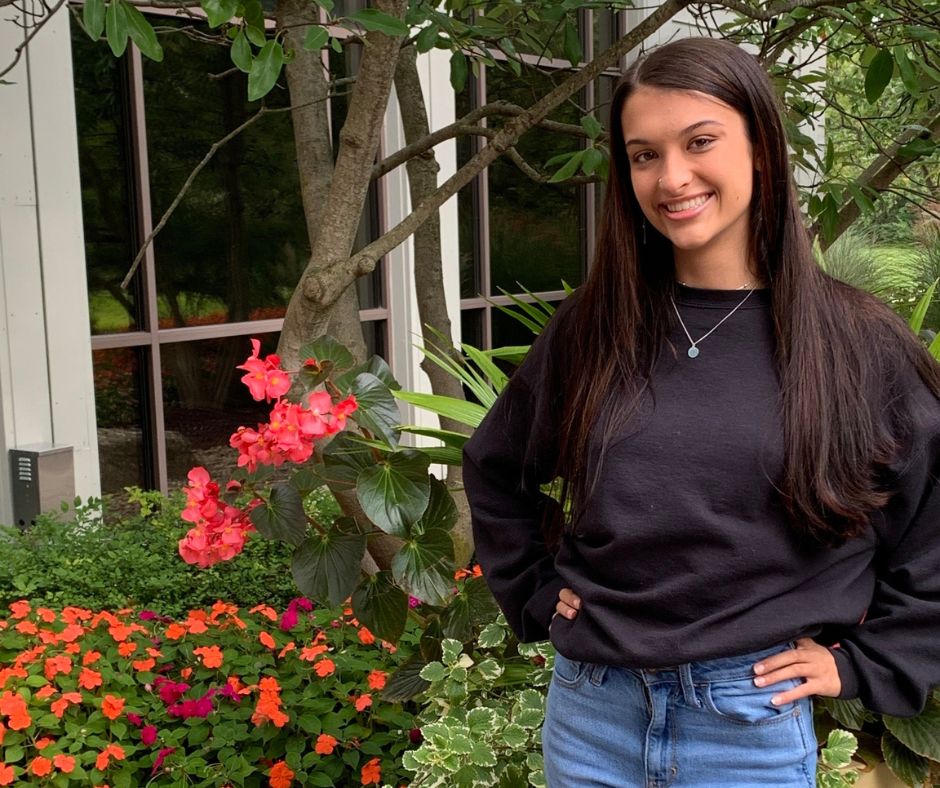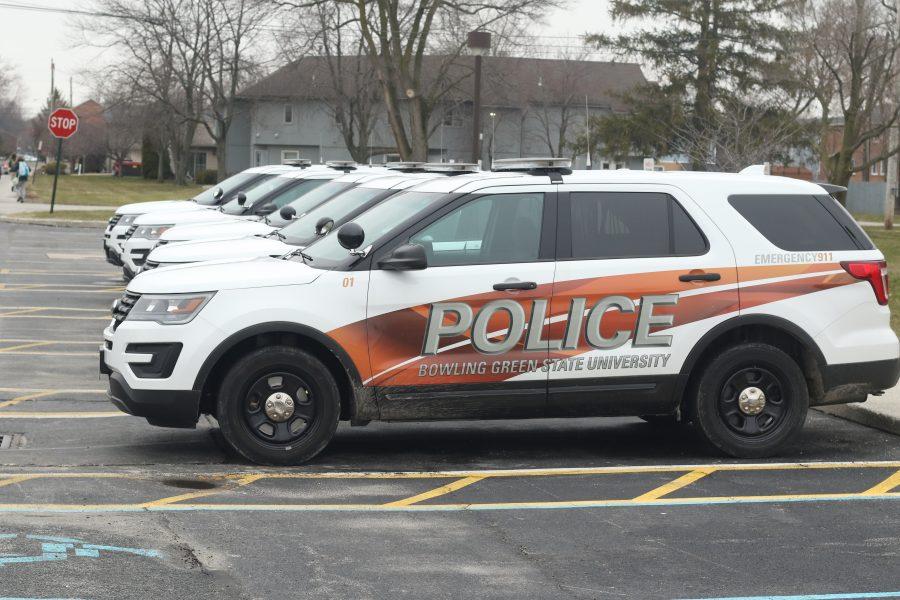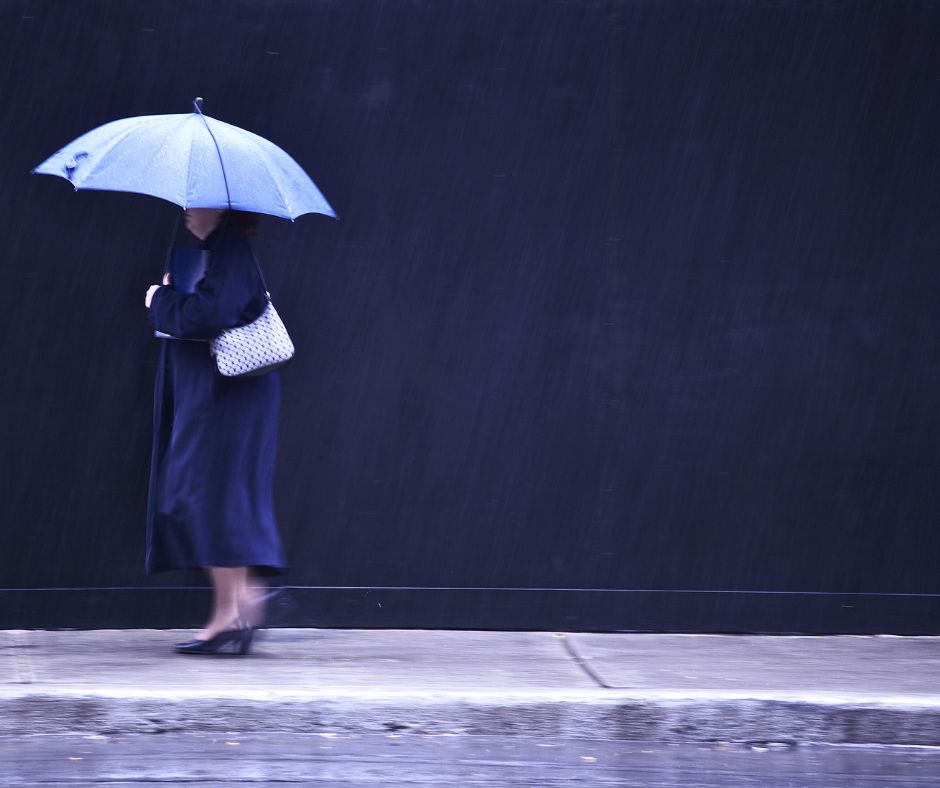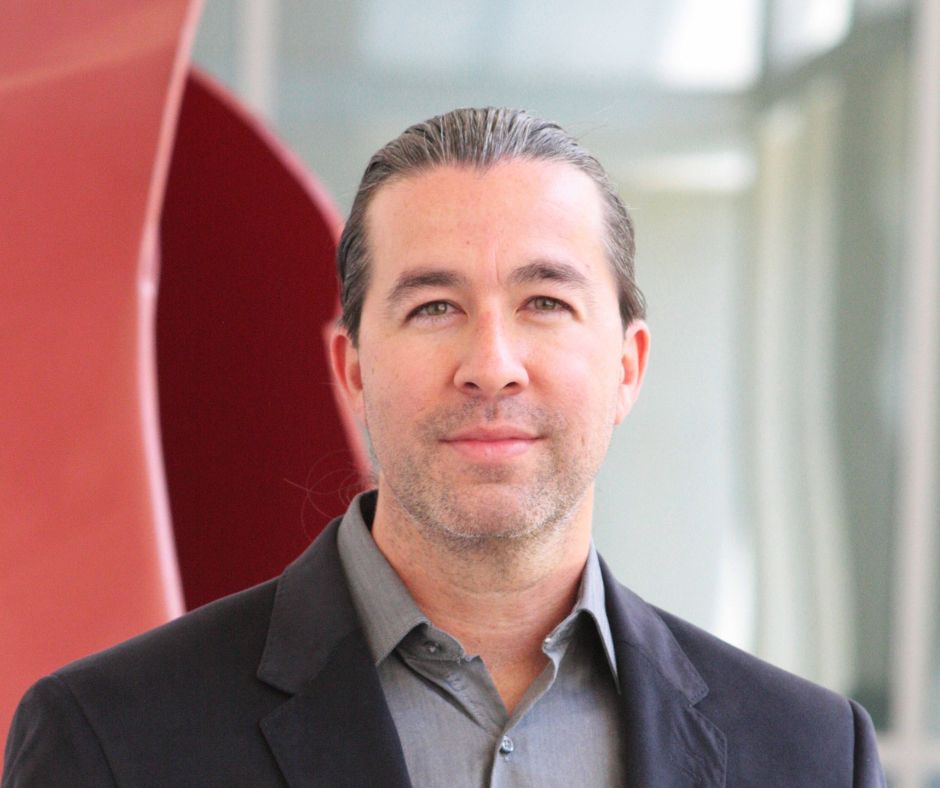Mackenzie Baumhower won’t graduate for another three years, but she already knows she won’t leave the University until she walks across the Stroh Center stage.
“There really is a place for everybody here I feel like,” Baumhower said. “There’s a lot of diversity.”
Baumhower credits the two student organizations and her job as a campus tour guide for her confidence in staying even though she’s not yet done with her freshman year.
“The organizations really helped me to network with people with similar interests,” she said. “Being a campus tour guide deepened my love for BGSU.”
The reasons why students stay at the University are not something administrators focus on.
“[It’s] not a question we really ever ask,” said Joseph Frizado, vice provost for academic operations. “We tend to focus almost exclusively on why people leave.”
As far as why students, like Baumhower, stay at the University for four or more years, there may be a few reasons.
These reasons, called high impact practices, are believed to lead to student success, said Julie Matuga, director of academic assessment.
Some of the practices the University does better than most of its peers are learning communities, undergraduate research, internships and service learning, Matuga said.
“We tried to look at trends; these tend to be those experiences that keep students in school,” she said.
University students typically participate in more high impact practices than at other universities, said Andy Alt, assistant vice provost of undergraduate programs.
There are about 1,000 University students involved in learning communities, which are programs where students live together and are usually in some of the same classes together.
There are 14 learning communities on campus and national research is strong that learning communities improve retention, said Jodi Devine, director of Residential Learning Communities.
“[Students] feel like they can immediately make friends and connections on campus,” Devine said. “Learning communities are an intentional way to guide you through that first year transition.”
In addition to learning communities, undergraduate research can also make students connect to others on campus.
Daniel Brahier, director of Science and Math Education in ACTION, said students in the program do two different types of research as undergraduates.
During students’ freshman year at the University, they work with other students in small groups on a research project about math or science.
“[Students] get to know other students and form good friends,” he said.
Internships also help students engage in the University and become more interested in their classes, said Jessica Turos, assistant director of the Career Center.
“[Students can] learn more about the field and come back with a renewed interest,” Turos said. “They’re able to gain leadership, communication and project management skills.”
Being involved in internships and co-ops can also help students want to stay at the University.
“It engages them because when they’re in their class they’re able to have experience to apply,” she said.
Each year, around 3,000 students are involved in service learning, when faculty find ways to intentionally incorporate service and volunteering into academic courses.
Amy Hill, assistant director of curricular programs, said she thinks service learning is great for students because it gives them an “opportunity to learn the needs of the community.”
Learning communities, undergraduate research, co-ops, internships and service learning are just some of the high impact practices. These four are the ones the University has identified as ones it does well as, but there are 10 overall, according to the Association of American Colleges and Universities High-Impact Educational Practices.
“We’re really invested in those and looking at how to make them better than they are,” Alt said.
In addition to participating in high impact practices, students can enroll full time, work on campus, get involved in student organizations and be engaged in the classroom to increase the likelihood that they’ll stay, Alt said.
While the University focuses on why students leave, not while they stay, some of the reasons for students leaving are still unknown.
“[Leaving] is multi-faceted. It’s really situational and usually has some combination of financial and personal factors,” Alt said. “Rarely do the say- no learning communities, ‘you didn’t do this for me.’ It’s a very personal decision that is sometimes outside of what we’re capable of doing … We don’t get many students telling us the whole story of why they’re leaving.”
Junior Darryl Molzon, an architecture major, is trying to get a co-op, but said the only reason he’s stayed at the University is because he has debt and didn’t want to transfer because of it.
For other students, debt may be the reason they leave the University.
Students may decide the University’s not a good fit, decide on a major the University doesn’t offer, attend to transfer or have personal or financial reasons for leaving, Frizado said.
About half of the freshmen who leave the University from one fall to the next are in academic trouble, and of the other half, about half don’t respond to the University when asked, Frizado said. The remaining fourth is people who are transferring, he said.
Whatever the reason students leave, Alt said student success really depends on the student.
“It’s not only about what the university provides, but what decisions the students make, it’s about being proactive … putting their own energy into things and making plans,” he said. “Students need to take ownership of this experience as well and students who are successful do that.”





















